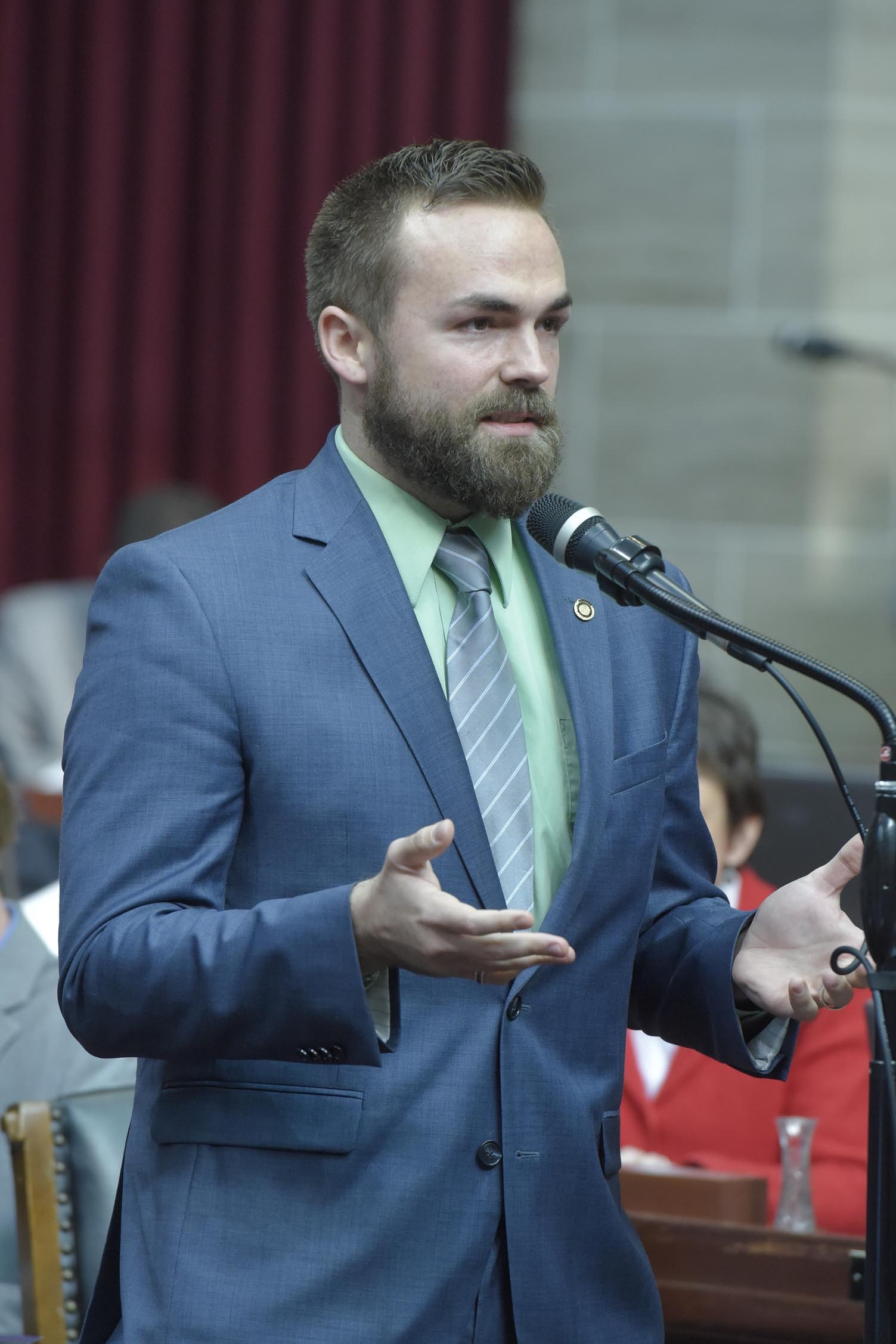The Missouri Sunshine Law was enacted by our legislature in 1973, using the federal Freedom of Information Act as a guide, to ensure that government would operate transparently. However, the passage of drastic changes to the Sunshine Law as part of Amendment 1 has prompted many concerns on both sides of the political aisle that sensitive information sent by constituents may no longer have the protections that had previously applied.
To understand why the changes in Amendment 1 are so troublesome, it is important to have an idea of what sort of communications lawmakers regularly receive from constituents. We often receive very sensitive requests, including letters from constituents asking for assistance with Medicaid due to personal health problems, requesting guidance for how to find a treatment center for family members with substance abuse issues, asking for information on how to find a “safe house” that will allow them to escape an abusive situation, or even sending in Social Security numbers for background checks relating to presidential visits or White House tours.
Under previous law, constituents could trust that this sensitive information would remain confidential and could not be revealed under a Sunshine request. Now, Amendment 1 could require all of this information and more to be made available to anyone who asks.
Ask yourself this: are you comfortable with your birthdate, home address, or phone number being handed over to anyone who sends a letter to the Chief Clerk of the House? Or how about confidential information you share with your local lawmaker to get help navigating issues with Medicaid? How about allowing special interest groups to see your private views on a bill that you shared with your local lawmakers?
Under Amendment 1, legislators do not have the legal ability to redact private, confidential, identifying information shared with our offices without being accused of failing to comply with a Sunshine request. While state agencies can redact many things, there is no true exemption that allows legislators to redact identifying information.
Like many lawmakers in the Missouri General Assembly, I have worked hard to establish an open dialogue with constituents, and I want them to be comfortable sharing their thoughts and issues with me. To be adequately able to represent my constituents, an open avenue for confidential communications is essential. Any attempt to chip away at this principle will have a chilling effect on constituent communications and make it much more difficult for lawmakers to effectively speak up for the people we represent.
The true intent of the Sunshine law is to ensure a transparent government, not to allow outside groups the ability to access sensitive information relating to constituents, whether relating to their political beliefs or contact information like home addresses and cell phone numbers. Constituents must be able to speak freely with the lawmakers who represent them, without worrying that the information they provide will be misused. This is why it is so important for us to pass legislation that will ensure these communications can remain confidential.

Rep. Schroer is a Republican state representative, representing St. Charles County.



